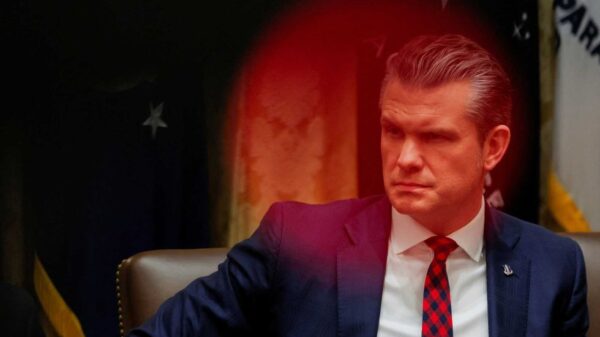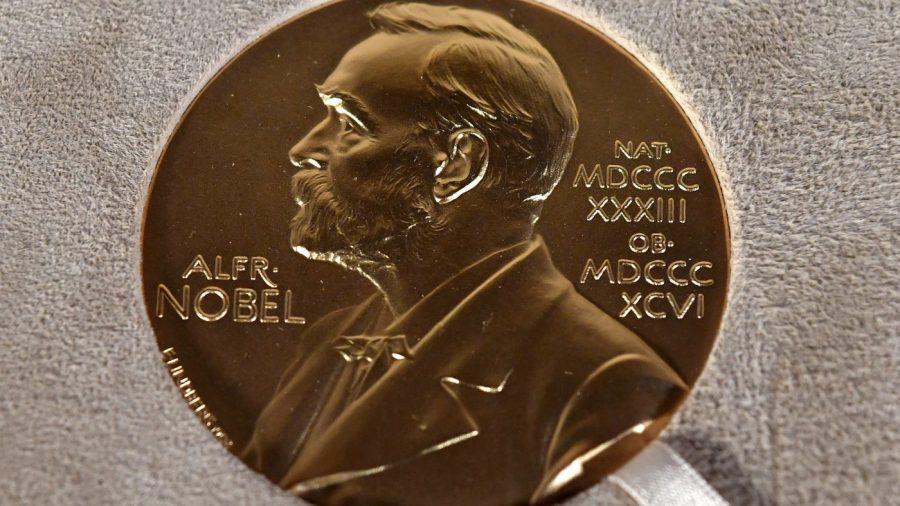The discussion surrounding the potential nomination of former U.S. President Donald Trump for the Nobel Peace Prize has intensified recently. Proponents argue that his diplomatic efforts, particularly with North Korea and in the Middle East, warrant recognition, while critics assert that his legacy should not include accolades for peacekeeping.
Trump’s presidency featured significant diplomatic initiatives that some supporters believe deserve acknowledgment. Notable among these was his historic meeting with North Korean leader Kim Jong-un in June 2018, which marked the first time a sitting U.S. president met with a North Korean leader. This summit aimed to address nuclear disarmament and reduce tensions on the Korean Peninsula. Supporters claim that such engagements were vital in easing hostilities, despite the lack of a formal agreement.
In parallel, Trump’s administration brokered the Abraham Accords in 2020, which led to normalization agreements between Israel and several Arab nations, including the United Arab Emirates and Bahrain. This development is seen by many as a significant step toward peace in the region, particularly in the context of long-standing Israeli-Palestinian conflicts. Advocates for Trump’s Nobel nomination argue that these diplomatic achievements demonstrate a commitment to fostering peace.
Opponents, however, maintain that the former president’s approach to foreign policy was often divisive. They question whether his actions genuinely contributed to lasting peace or merely served as political theater. Critics argue that many of Trump’s policies, such as his withdrawal from the Iran nuclear deal and his administration’s stance on various international agreements, undermined global cooperation.
The debate over Trump’s Nobel aspirations reflects broader political divisions. Supporters emphasize the importance of recognizing efforts that lead to dialogue and potential conflict resolution, while detractors claim that awarding him the Nobel Prize would diminish the significance of the honor. Senator Bob Menendez, chair of the Senate Foreign Relations Committee, stated, “Peace requires genuine commitment and understanding, not just photo-ops.”
Recent discussions have reignited interest in the Nobel Peace Prize’s criteria and the political implications of awarding it. The Nobel Committee has historically faced scrutiny regarding its selections, with some winners receiving backlash for their actions post-award. The committee’s mandate states that the prize should go to individuals or organizations that have made significant contributions to peace, leaving room for interpretation in the case of controversial figures like Trump.
As the discourse continues, the question remains: Should diplomatic efforts be recognized regardless of the political context? As supporters and critics engage in this debate, the implications extend beyond Trump, raising questions about the values and criteria that define global peace efforts in contemporary politics. With the Nobel nomination process approaching, this conversation will likely gain further prominence.





































































